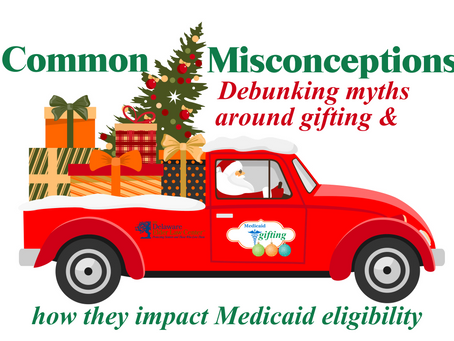There are myths about gifting assets as a means of spending down to qualify for Long-Term Care Medicaid. The making of large gifts highlights them.
The first myth is that as one grows older, it is wise to transfer ownership of the house to a child. “This is what seniors in the know do,” claim the adult children. This self-help strategy is often disastrous because it is uninformed and takes place in a vacuum. It is uninformed because the family is often unaware of, or is misinformed about, the five-year look-back rule, and the related penalty period. Further, the decision is often made without any consideration of the probability that the parent making the gift will lose their independence with activities of daily living.
The second myth is that secret transfers of money to others are not traceable. This is done through uncharacterized electronic transfers to family members. It is done through large cash gifts. The reasoning seems to be, “How would anyone know if we don’t tell them?”
Making gifts of valuable assets can have unintended consequences for seniors who lose their independence with activities of daily living. If this becomes the case, Long-Term Care Medicaid is often the only way to afford care on a sustained basis. The rules require an applicant to disclose all gifts, transfers, or donations within the past five years. Hence, the look-back rule.
Eventually, any history of unreported gifting is discovered by Medicaid. The transfer of ownership of real estate by deed is a matter of public record. There is a permanent digital record of all transactions in the banking/investment world. The government has the means to discover the assets a person owns. Then the Medicaid staff follows the money trail. If the applicant can’t prove that the transfer of ownership was for fair market value or show proof of payment for goods and services, then the transaction is treated as a gift.
The gifting of assets is penalized under the Long-Term Care Medicaid rules. Every $11,000 in gifting results in a 30-day penalty period. For example, if the home gifted by a parent has a market value of $250,000, then the penalty period is 22.72 months. This means that the applicant must have an equivalent amount of assets available to self-pay for their care until the penalty period expires. If not, then what?



